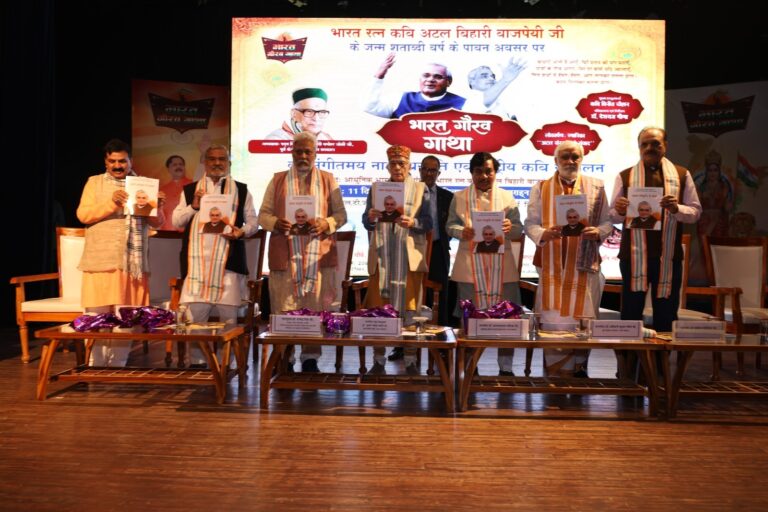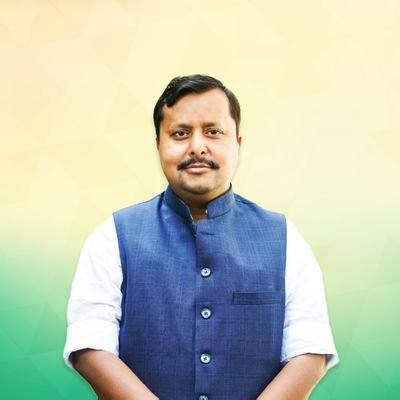
Every teacher worth their salt must be able to teach their students in a way that allows them to comprehend the world of subjects they are supposed to be studying. A teacher must avoid teaching to the test, which is a poor teaching style that entails emphasising specific items to assist students in performing better on standardised examinations. How can one call oneself a teacher when the fundamental goal of education is not met? Wearing a teacher’s hat is not sufficient. The delivery of education by its objective is critical.
Education is an essential tool for elevating individuals and society as a whole. Education is not merely imparting knowledge; it is a profound catalyst for change. It is through education that we unlock the doors to individual potential, enabling people to dream beyond their immediate horizons and achieve greatness.
Teaching is regarded as the highest noble profession since it involves guiding someone down a path and showing them how to do something by providing instruction in the subject. Thus, a teacher is expected to teach ropes, which is explaining or demonstrating to students the fundamentals of how to do a job, task, or activity.
Teachers should teach their students to be self-reliant, as the saying goes: “Give a man a fish and you feed him for a day; teach a man to fish and you feed him for a lifetime.”
A teacher is also supposed to inform their students about the established ways of doing things in each occupation. According to an adage, there are tricks in every trade. Students are required to learn professional skills, techniques, and methods that make tasks easier or more efficient.
Dr. Sarvepalli Radhakrishnan, a towering figure in the realm of education and the second President of India, once said, “The true purpose of education is to enable individuals to become more fully human.” This insightful quote encapsulates the essence of our mission at British Lingua. Our goal is not just to teach English, but to empower our students, to enhance their confidence, and to enable them to participate more effectively in a globalized world.
Education, as we understand it, is the key to unlocking the full potential of individuals. It opens doors to opportunities that might otherwise remain closed, providing the skills and knowledge necessary for personal and professional advancement.
Remember what I said! Those who are good at something can make a living by doing it, whereas others who aren’t, can make a living by teaching. A saying says, “Those who can, do; those who can’t, teach.”
No teacher worth their salt on earth would deny such a given. However, let’s not try to teach grandma how to suck eggs; an older person is wiser, more experienced, and more worldly than a young person may think—thus, the older person does not need to be taught by the younger.
Experience is the best teacher. This saying goes well. Experience counts a lot. It means most wisdom is gained by experiencing different things compared to acquiring knowledge through schooling or other means.
People who are through the school hard knocks are seen to be more mature. There is a scope for improvement in everybody, whether it is me, you, or someone else. We need to keep updating and improving ourselves. We should not lose hope in case of failure in our endeavour. It allows us to learn and improve the way we do something. Remember a proverb? Failure teaches success.
However, you cannot teach an old dog new tricks. It suggests that you cannot successfully persuade individuals to change their views, working techniques, and so on when they have held them for a long time.
Dr. Radhakrishnan also wisely noted, “Teachers are the builders of the nation.” This statement highlights the essential role educators play in shaping the future, not just of individuals but of entire societies. By investing in education, we are investing in the future of our communities and our world. In a nutshell, a teacher is an agent for social change. Teachers play an indispensable role in this transformative process. They are the architects of our future, the mentors who inspire and guide us, and the catalysts who help individuals realize their true potential. Albert Einstein famously said, “It is the supreme art of the teacher to awaken joy in creative expression and knowledge.”
To all our teachers, thank you for your unwavering dedication and for being the guiding light in our students’ journeys. Your influence extends far beyond the classroom, shaping the future and empowering individuals to achieve their dreams.
*The writer is a noted author, accredited with having created a revolution in English training In India with the slogan ‘English for all’.
Image by Rosy / Bad Homburg / Germany from Pixabay






